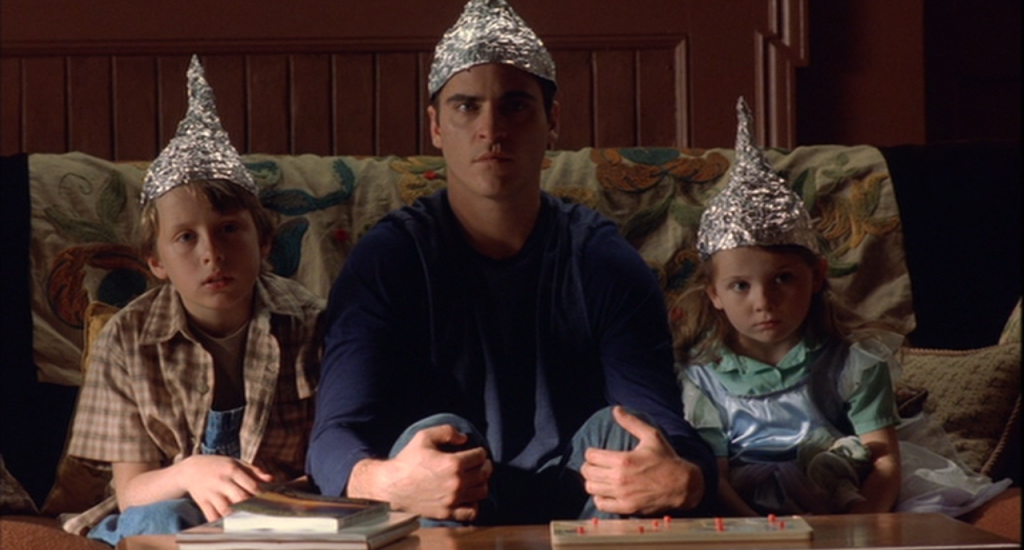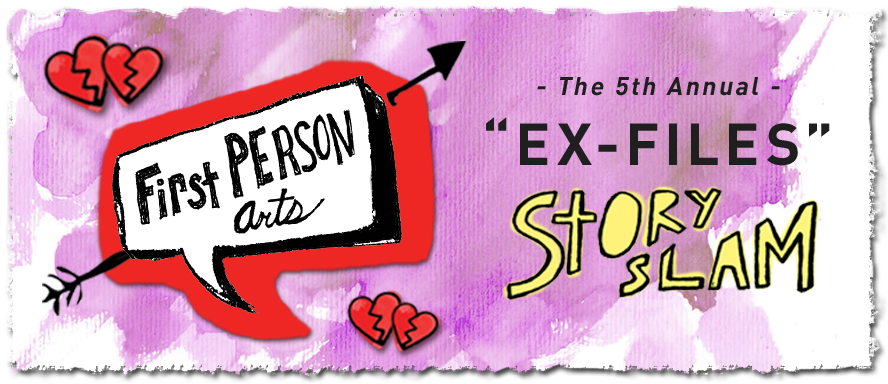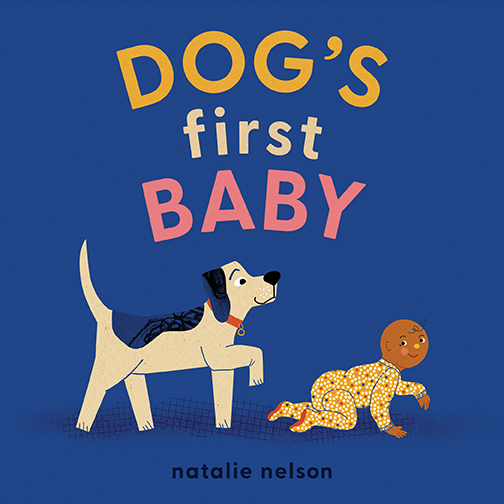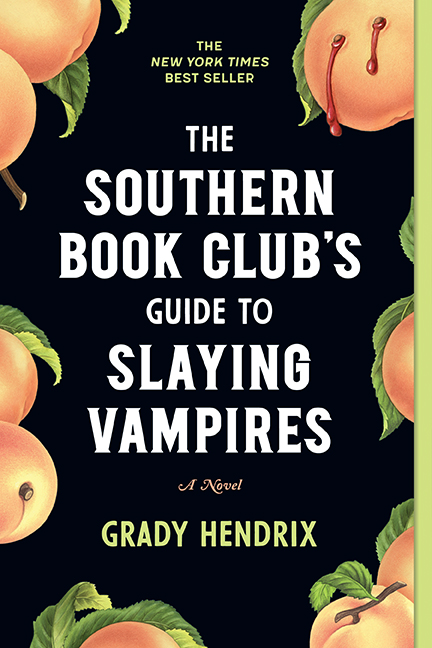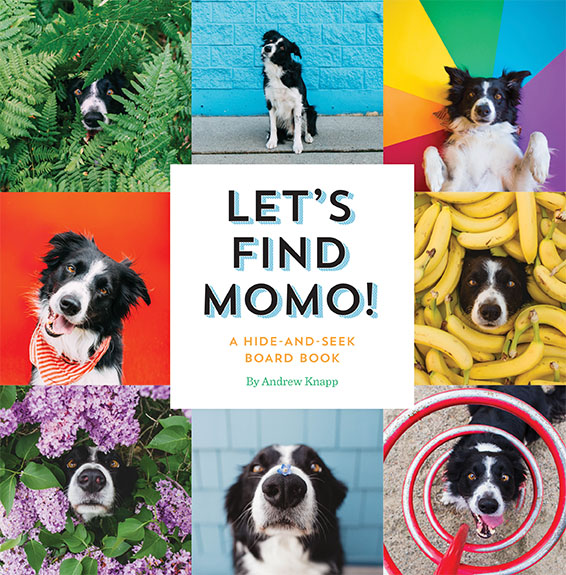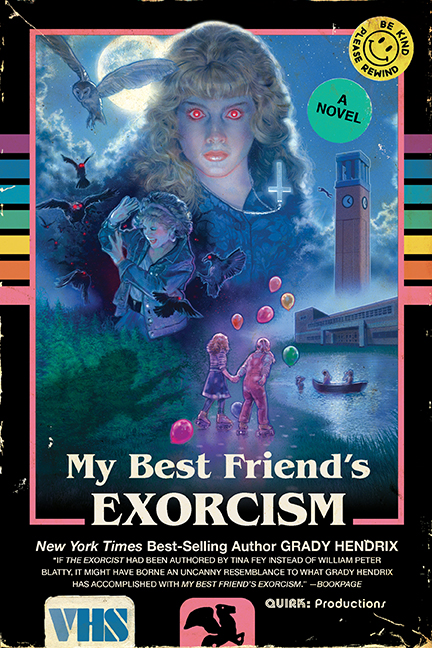Our Blog
What to Read During the Year of the Goat
According to the Chinese Zodiac, 2015 is the Year of the Goat. The Chinese Zodiac has a twelve-year cycle where an animal has been designated to each year. The Year of the Goat is the eighth year of this cycle.
Fun fact: Authors Doris Lessing, Iris Murdoch, and Alice Munro were born in the year of the Goat. So were Toni Morrison and John le Carré.
It is said that the year of one’s birth sign can be unlucky. So, for those born in the Year of the Goat, 2015 might turn out to be a tough year. But don’t worry. Each Chinese Zodiac animal comes with its own set of lucky numbers, colors, directions, and months. Based on what is lucky for Goats, we have selected some books to read until the Year of the Monkey takes over in 2016.
Posted by E.H. Kern
Read-It-First Round-Up, January/February 2015
The books are almost always better than the movies. At least, I can't think of one example where the movie is better. Sure, sometimes the movies are as good as the books, but then watching the movie has (most likely) spoiled the pacing of the book for you. Or it's made you imagine the characters in a way you never would've. Or it's just made you less likely to read the book.
Well, you will think to yourself, I have watched the movie, which is almost like—nope, no don't even finish the thought. Instead, let's all make the commitment to read those books before we watch their movie adaptions.
Posted by Alison Osworth
Worst-Case Wednesday: How to Make an Effective Tinfoil Hat
Do you want aliens or the government reading your thoughts? No? That's what I figured. Better safe than sorry, pal. The Worst-Case Scenario Survival Handbook: Paranormal teaches you how to protect what's in your head from an unwanted invasion.
Posted by Christina Schillaci
Top Ten Tuesday: Top Ten Book Related Problems I Have
Quirk Books is linking up with The Broke and the Bookish for Top 10 Tuesday! This week we’re talking about the book related problems we have. I got 99 problems and they’re all related to books, so this post is creepily similar to you sitting in on a therapy session.
Problem #1: I can’t fight the habit of writing notes in books. I know that this makes me a horrible person, but there’s a thrill to writing on the pages of a book. It could be because in elementary school we were always threatened with death (not really) if we wrote in the library books. I’m not a monster—I do not write things in library books—but I do mark up the books I own. If you ever borrow a book of mine, there’s a 75% chance you’ll know exactly what I was thinking when you least want to hear my thoughts.
Problem #2: No matter what, I never have enough bookshelf space. Where does everyone put all the books?! I keep buying bookshelves and I still have no space. I have stacks of books everywhere. My cat is drowning in a sea of book towers. The books are balancing against every piece of furniture imaginable. Books. Everywhere.
Problem #3: I usually won’t purchase a book if I don’t like the cover. I guess I’m a design snob. If I’m going to spend money on a book, I want to like the entire thing not just the words. It’s not that I won’t read books if I don’t like the cover, I just probably won’t buy them. (Thanks, library!)
Posted by Maria Vicente
How-To Tuesday: How to Make Medieval Ink
In this week’s How-To Tuesday we are going medieval. We are making our own black ink using a recipe from thirteenth-century France.
Looking at the golden inlays and the red and blue ink of a medieval manuscript, it is easy to understand why these books were so expensive to make. But most of the text was written using black ink, which at first glance doesn’t seem to be very expensive. However, the black ink was exclusive as well. It took time to make and the ingredients had to be imported from far away.
The black ink that was used in medieval Europe is called iron-gall ink. There are hundreds of recipes for making iron-gall ink, but they have a few things in common. These things are gallnuts, iron vitriol (a. k. a. copperas), and gum arabic. Many recipes also use rainwater and wine.
Posted by E.H. Kern
Bookish Events in Philadelphia: February 13th – 19th
Dear readers: this chilly Valentine’s weekend, you have literary events to help you put the “boo” in bookish, to show your love for social justice, or to laugh your exes away, as well as an interactive poetry sculpture exhibit and the return of Laser Life, a queer sci-fi reading series.
Posted by Lillian Dunn


